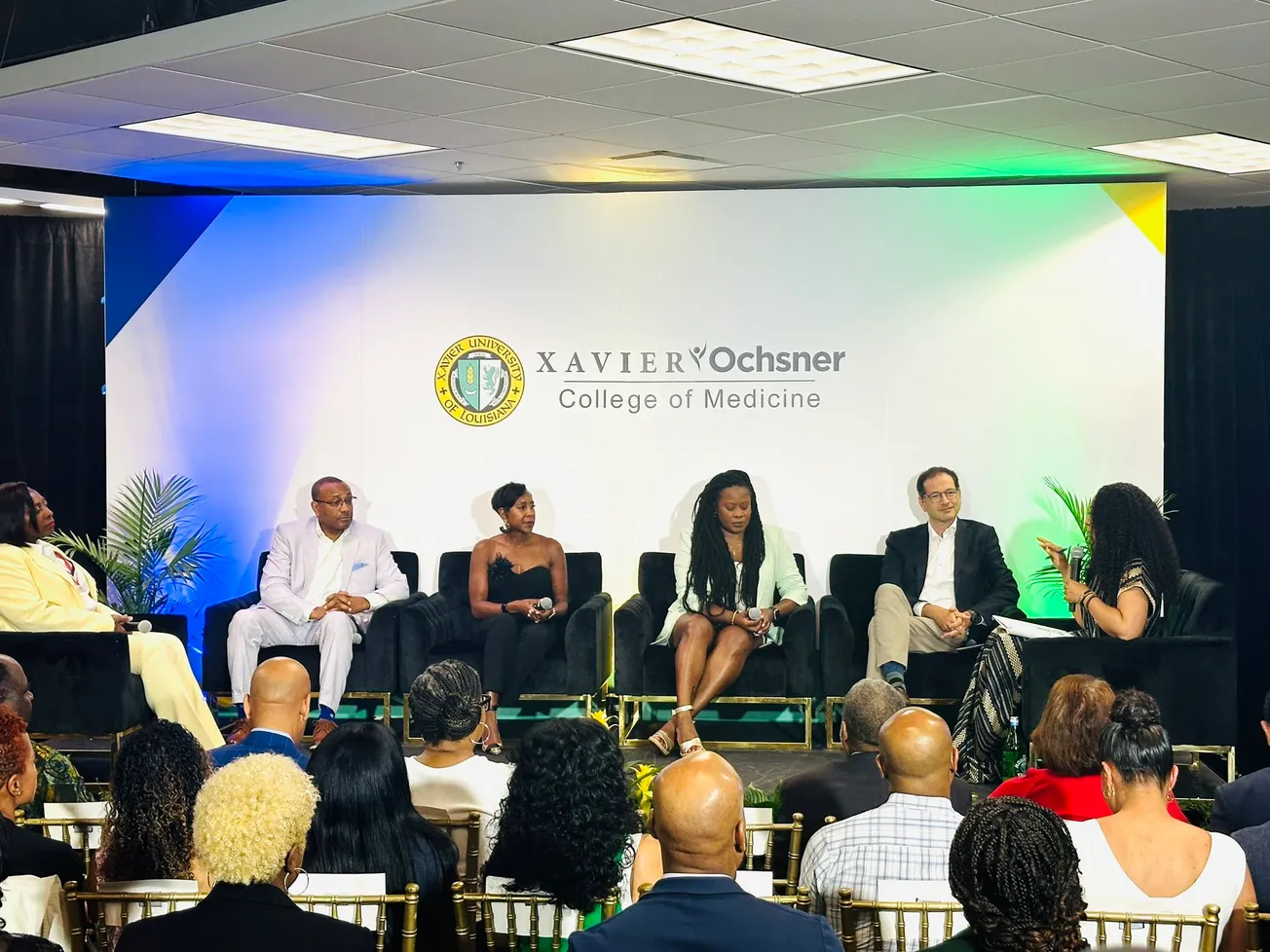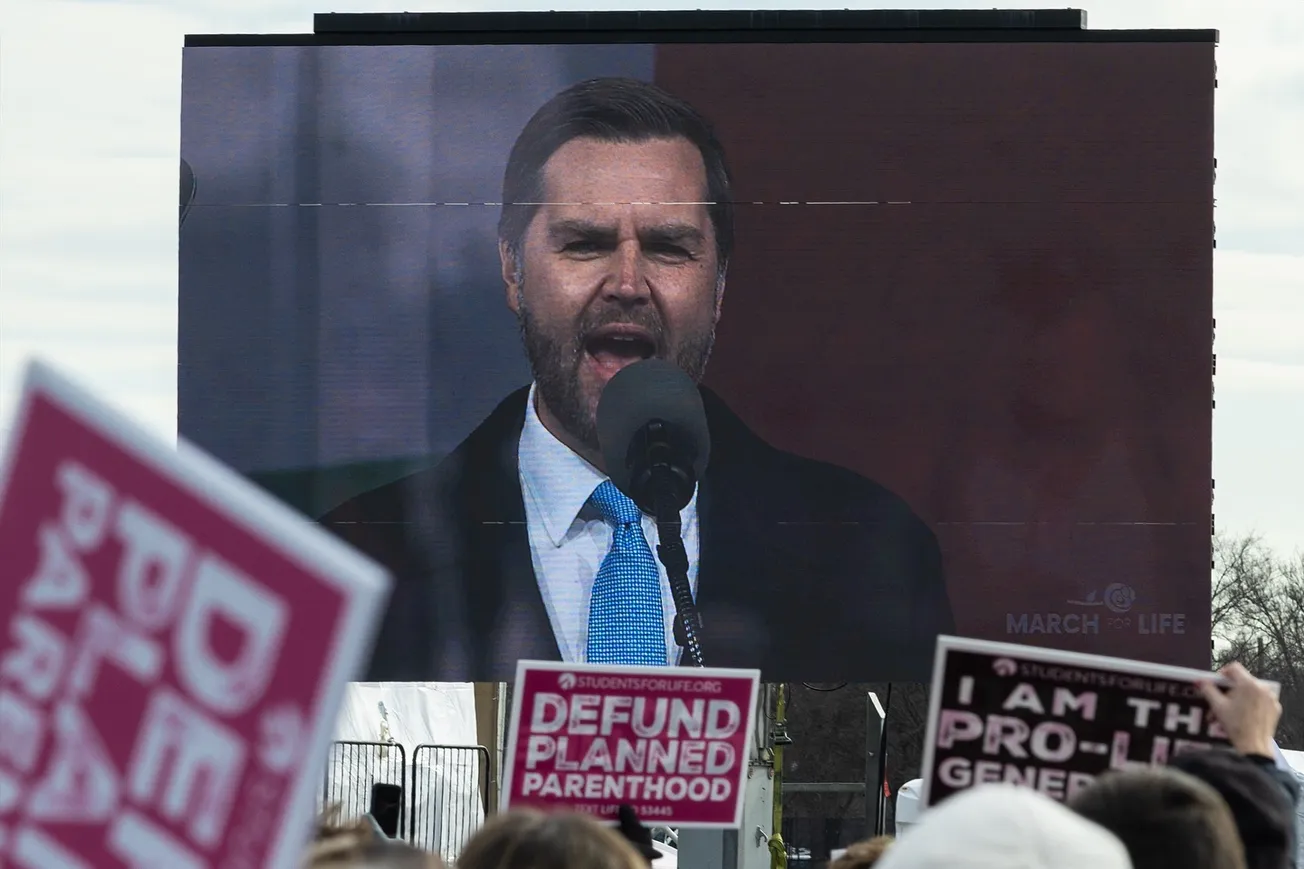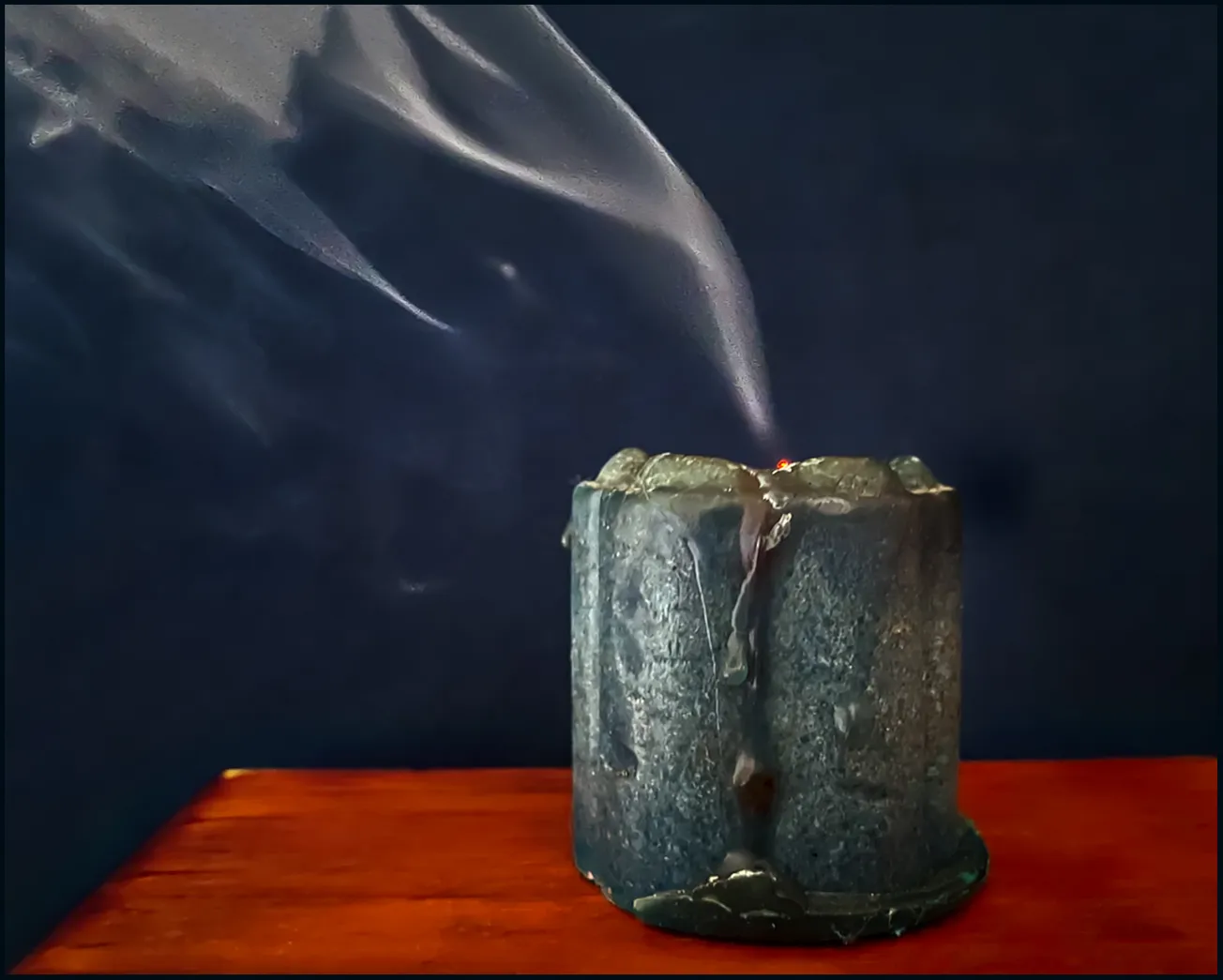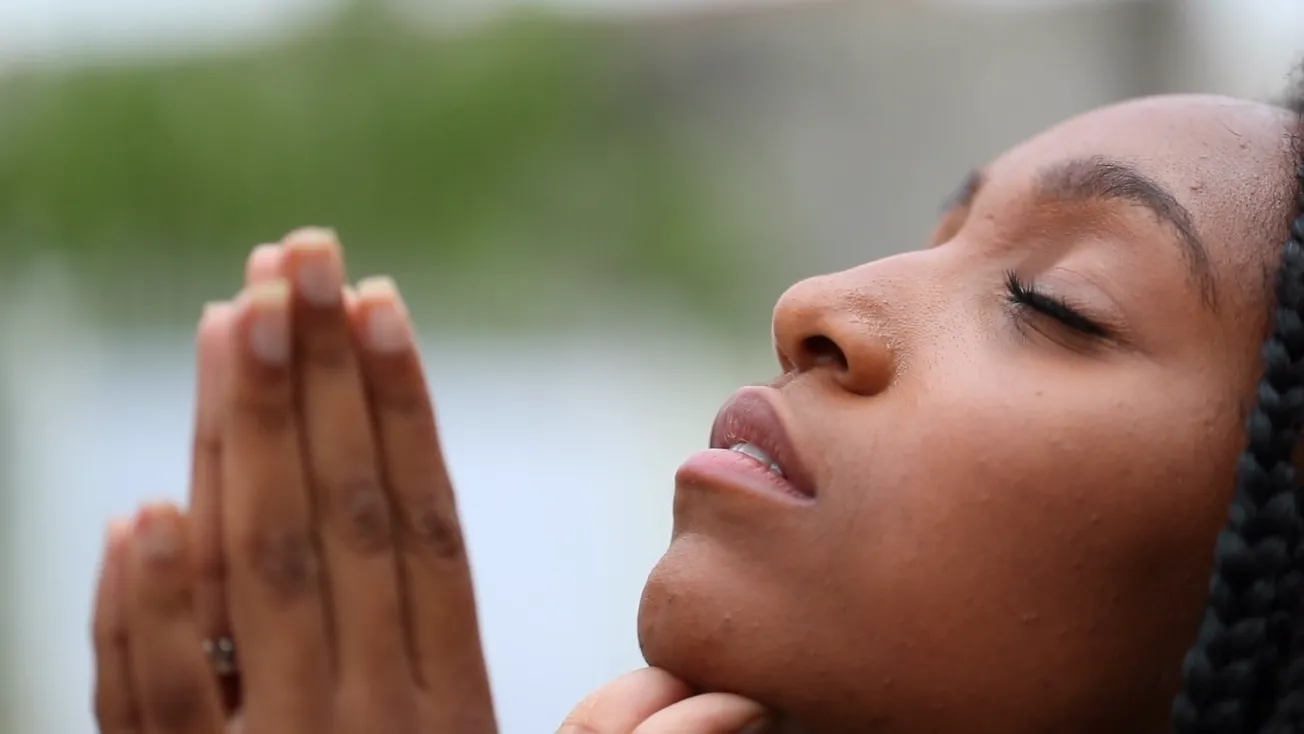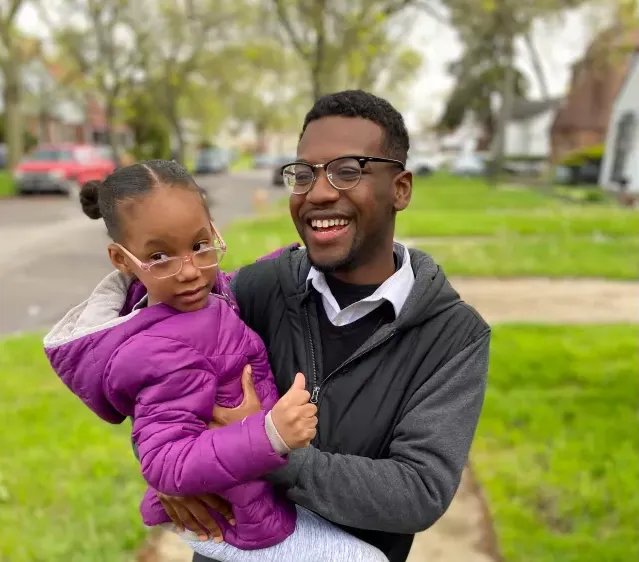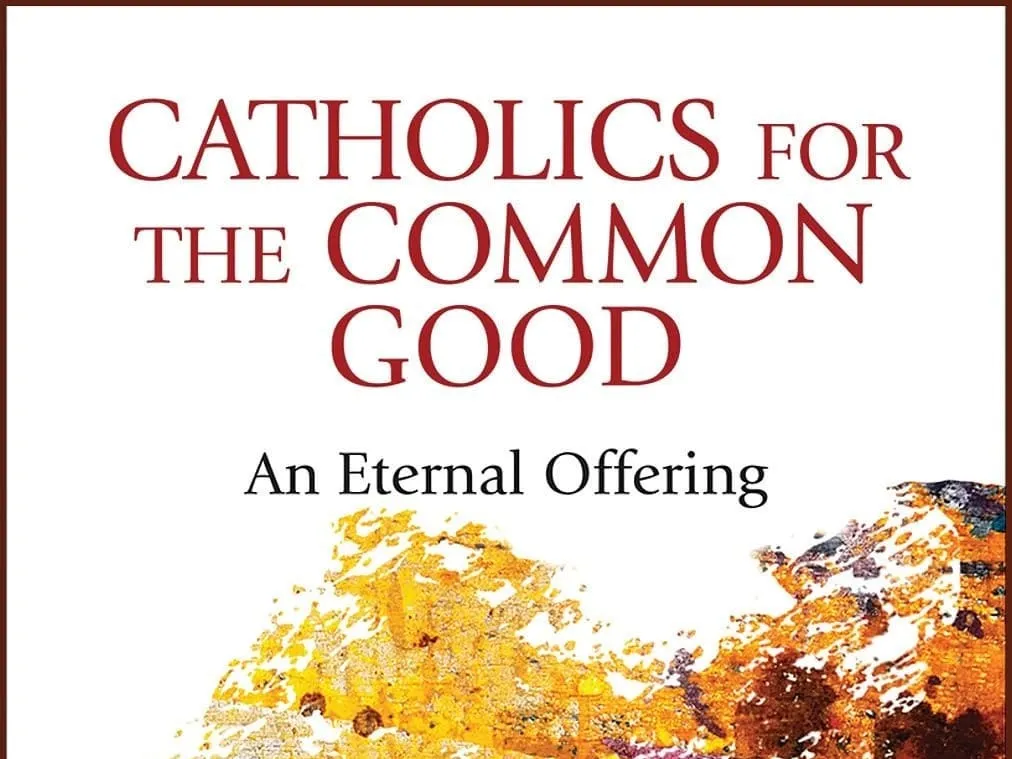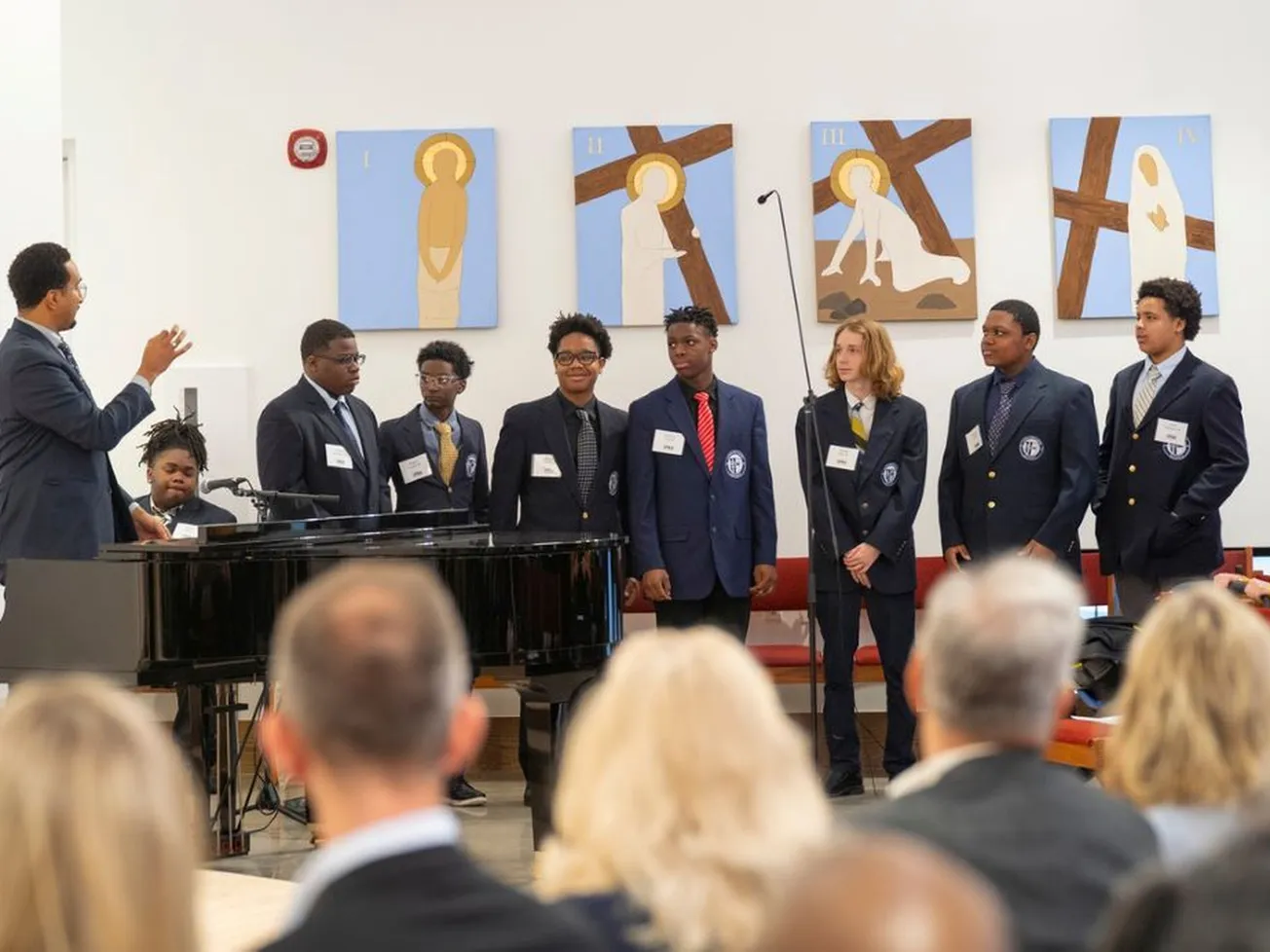NEW ORLEANS — A pair of panels on Friday during the ESSENCE Festival promoted the importance of diversity in the healthcare field, hosted by the Xavier Ochsner College of Medicine (XOCOM), soon to be the first Black Catholic medical school in the country.
ESSENCE Fest, now in its 30th year, annually draws thousands of Black Americans to New Orleans for summer celebrations of Black culture and excellence.
The livestreamed event with XOCOM, under the banner of “Why Diversity in Medicine Matters,” took place at Benson Tower in downtown New Orleans, where Xavier University of Louisiana’s medical school will be located. The Catholic-educated radio personality Angela Rye co-moderated, with XULA alum Dr. Courtney Washington, two discussions on health equity in the Black community and the process of becoming a doctor.
Rye began by sharing that her ancestor, a traditional medicine woman, operated on the same land her family later donated land to St. Katharine Drexel, the Philadelphia heiress-turned-nun, for a Catholic school she used to educate Black children in South Louisiana. Drexel and her Sisters of the Blessed Sacrament founded XULA in 1925.
“It is very near and dear to my heart, to be with you all and talking about something that's so important,” Rye said.
The panelists included practitioners and scholars of medicine from around the country, including representatives from medical diversity organizations and Black doctors from Ochsner Health, which is partnering with XULA to open the new med school.
XOCOM sponsors National experts in New Orleans to discuss why diversity in medicine matters pic.twitter.com/BBxHl2TSUs
— Leo Seoane (@LeoSeoaneMD) July 5, 2024
Since the school’s announcement in 2022 as the latest HBCU foray into graduate education in medicine, stakeholders have emphasized that producing Black doctors is crucial to health equity in the United States.
“I think it's important to be clear: Having Black physicians and a diverse workforce is a matter of life or death for our community,” said Dr. Rachel Hardeman, a professor of health policy and racial equity at the University of Minnesota. She graduated from XULA in 2002.
“When we talk about the need for a diverse workforce, it's not because it's just nice to have or because people will be more satisfied with their care.”
Panelists also discussed the need for more pipelines into medicine from K-12 schools, where education quality is not always equal and the best opportunities are not always presented to marginalized groups.
XULA itself is one higher education institution that has been intentional about recruiting Black students from schools through both local recruitment in Louisiana and national outreach for pre-college programs—several of which were occurring on campus the same week as the panel.
The university has long been known to produce more Black doctors than any other in the country, also leading the nation in producing Black graduates who go on to complete graduate school in the health field more generally.
“Xavier has a long history of reaching out to high school students and also junior high students and showing a pathway to science in general, but also into medicine,” said Dr. Veronica Gillispie-Bell, a physician who serves on the board for XOCOM.
“Representation is so important. It is so important to be able to show them Black and brown physicians that look like them.”
We’re so excited to be kicking off Essence Fest weekend with #XOCOM
— Xavier Univ. of LA (@XULA1925) July 5, 2024
At #XOCOM Xavierites and the #Nola community joined #XULA and @ochsner for enlightening panels on diversity in medicine and the journey to becoming a physician, moderated by Angela Rye & Dr. Courtney Washington pic.twitter.com/GObyLKZmrq
A second panel, focusing on the path to becoming a doctor, acknowledged the struggle of Black youth who may envision a medical career but face discouragement and a lack of role models along the way.
Dr. Brian L. Pettiford, a cancer surgeon who attended an HBCU medical school at Morehouse University in Atlanta, noted his experience of the latter while growing up in southern Georgia.
“I did not see a Black doctor. That was foreign to me,” he said. “The only Black doctor I saw at the time was Denzel Washington and Alfre Woodard on ‘St. Elsewhere.’”
Dr. Leonardo Seoane, a Cuban American who will serve as the founding dean of XOCOM, added that the challenges do not stop at the white coat ceremony.
“There's adversity in life, and then there's adversity to becoming a physician, and there's adversity being a physician,” he said. “But it's also very, very true, that we need you… Society needs you. America needs you.”
As he did earlier this year, Seoane presented grim statistics that show the dearth of physicians overall in the U.S. relative to patients, and the amplification of the disparity in the Black and Hispanic communities. He says the new medical school will help bridge the gap while also providing educational community for students from underrepresented communities.
XOCOM’s first class of students is still years away—“As much as we have announced it and we are all excited, it's not opening tomorrow,” Gillispie-Bell noted—and is currently in the initial stages of accreditation. She and Seaone touted a Xavier undergrad experience on the pre-med track as an ideal way for prospective students to prepare themselves, though XOCOM remained front and center in their remarks.
Their fellow panelists all agreed that the school will present a unique opportunity for students to thrive and, though the medical field presents its challenges for people of color, the end goal is worth the effort.
“When I talk to young people, I say: Follow your heart, follow your faith, and let your village be the wind beneath your wings,” said Dr. Maurice Sholas, a pediatric physician at Ochsner Health in New Orleans.
“No matter how many people tell you what you look like you should do, you and your heart know what you feel like and are capable of doing. And you have to answer that.”
Nate Tinner-Williams is co-founder and editor of Black Catholic Messenger.


